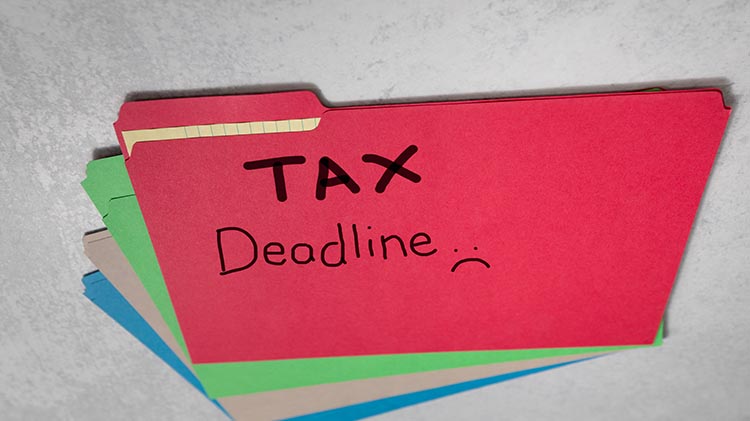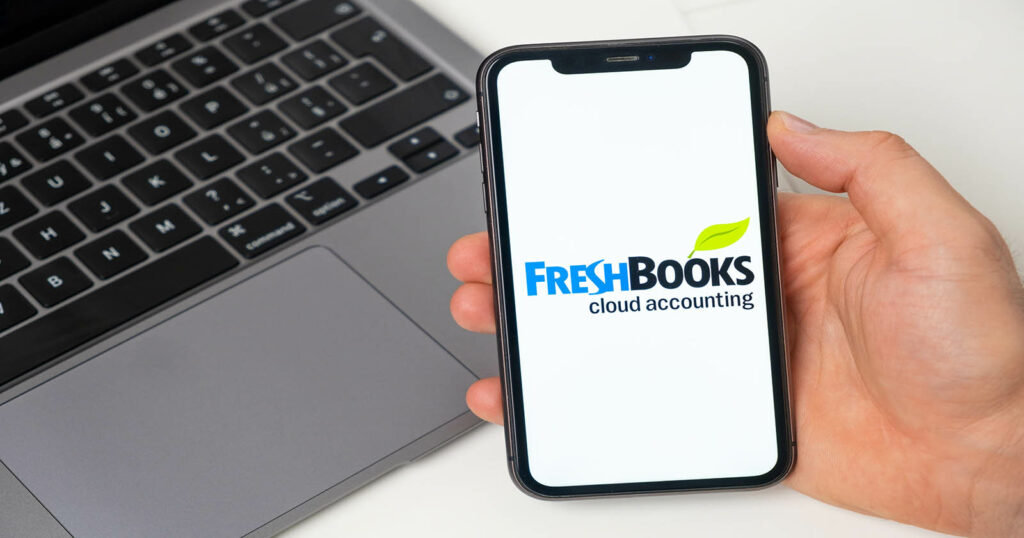As tax season approaches, it can be easy to become overwhelmed with the thought of gathering all the necessary information and documentation to file taxes. We all know that headache that comes around tax season. “Not another tax season!” However, with a little bit of preparation, the process of meeting with your tax preparer can be a breeze. We’ll go over a comprehensive list of items you should bring to your tax preparer, ensuring that your tax filing process is as smooth and stress-free as possible.

Personal Information to Provide
The first thing you should bring to your tax preparer is your personal information. This includes items such as:
- Your Social Security Number (SSN) or Individual Tax Identification Number (ITIN)
- Your spouse’s personal information (if filing jointly)
- Any dependents’ personal information
Tax preparers will usually have you fill out a tax organizer if you are a new client. There should be boxes on the tax organizer to fill in all of this information but it is good to have the above handy and anticipate what the preparer will ask.
Read More:
Bookkeeper vs Accountant vs CPA: What’s the Difference?
Support for Your Income
One of the most important aspects of your tax return is documenting your income. This includes, but is not limited to:
- W-2 forms from each employer
- 1099 forms for any freelance or contract work
- Income receipts to support any schedule C (self-employed business income)
- K-1 forms for any partnership or S-Corporation income
- Interest and dividend statements from banks and investment accounts
The income support is going to take a bit longer to put together. Your W-2 may come in much earlier than your K-1s if you are a partner to any businesses. Get a head start and pull your investment statements once they are ready post-year end.
Ask your accountant about delivering tax support in a piecemeal fashion. That means, one at a time. Most accountants understand that not all of your income support will be ready but do request that you send in what you can. They can only prepare with the documents that are provided to them.
While accountants can follow up with you for outstanding documents, it is still the your job to produce the documents.
Read More:
Learn Tax Accounting: Where to Start to Learn Tax Accounting
What to Bring to a Tax Preparer? (All Those Expense Receipts)

In addition to documenting your income, it is also important to provide documentation of any expenses you incurred during the tax year. This includes, but is not limited to:
- Receipts for business expenses
- Education expenses
- Medical and dental expenses
- Home office expenses
- Charitable contributions
Speak to your accountant ahead of tax season and make a plan. Are you going to take the standard deduction or take an itemized deduction? As good as an itemized deduction may sound, it’s not right for everyone.
If you do plan to take an itemized deduction then you better have a really good record-keeping of your receipts. When running a self-employed business, that’s where receipt tracking software like Quickbooks self-employed comes in handy. Then you can export one file at tax time and send it to your accountant.
Previous Tax Returns If Using a New Preparer
If you have previously filed tax returns, it is always helpful to bring copies of these returns with you to your tax preparer, if they are your new preparer. This can provide valuable information regarding your tax history and may help your tax preparer better understand your personal situation.
Additionally, prior-year tax returns can help to ensure that any carry-over information from previous years is reflected on your current year’s tax return. Ideally, you should be saving copies of your tax return digitally, physically or both. Be responsible for keeping a copy of your returns in case you need to switch accountants.
Additional Documentation to Bring
In addition to your income and expenses, there’s more. Your tax situation may call for additional documentation to bring to your CPA. Some common examples include of support your should bring includes:
- Retirement plan contributions
- Real estate taxes
- State and local taxes
- Student loan interest
Again, this is where a pretax season meeting makes sense for a lot of clients with their accountants. Get an idea of most of the items you will need to provide prior to tax season. Once the busy season picks up for accountants, it’s not the best time to be calling them all the time.
Using a CPA for Your Taxes: Key Dates for First Timers
Now that you have an idea of the documents you’ll need to bring to your CPA, let’s just quickly summarize some important dates. First, it’s not ideal to find a new CPA in the January to April time frame.
Start speaking to potential new tax preparers in June to August before the upcoming tax year. Then you can have a pre-tax season meeting in September – October.
Providing your tax return supporting documents as early as possible in January, February and March can help you avoid getting in the back of the queue for preparing and also avoid an extension of your return.
Final Thoughts on What to Bring to a Tax Preparer
Gathering all the support for your tax return can seem daunting, but with a little bit of preparation, the process can be simple. Meet with your CPA well ahead of tax season if needed, clarify questions and get a game plan. Not only will it make it easier for yourself but also for your CPA.



